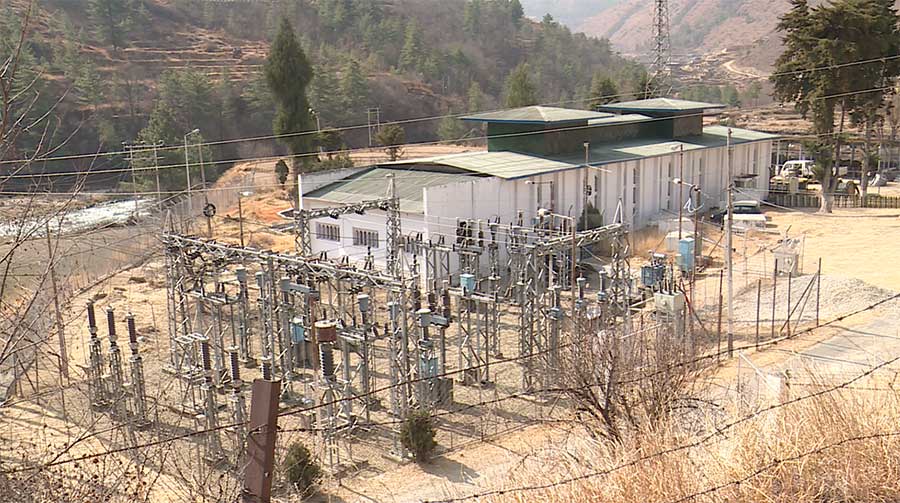
The country imported a record more than 237 million units of electricity from India last winter. This roughly translates to a little less than Nu 800 M worth of electricity. With the peak energy demand touching 670 MW this winter, the Department of Energy says the country’s energy requirement could reach 1,500 MW by 2030. Bhutan normally imports electricity from India during the lean season, but the net import reportedly remained nil until last year.
Bhutan imports electricity from India in January, February and March when the volume of the rivers decreases and hydropower plants’ power generation capacity dwindles to 415 MW.
The hydropower plants can generate 2,300 MW energy during the summer.
With construction activities booming and more industries coming up as the country develops, the Energy Department says Bhutan’s energy demand will only increase in the coming years.
The country imports electricity paying between Nu 4 to Nu 4.5 per unit during the lean season depending on market discovered price with other charges. Meanwhile, the export of electricity on average is Nu 3 per unit as per the power purchased agreement for each hydropower project.
“During the winter season, our energy demand increases because of our heating demand. Our peak demand has already touched around 670 MW. So, there is a deficit of power. Therefore, there’s no other option than to import from India,” said Dechen Dema, Executive Engineer with the Department of Energy.
She added that the department is exploring alternatives to develop more power-generating projects to meet the country’s growing energy demand, especially during the winter.
“In the long run, we need to embark on developing more power generation projects with an emphasis on reservoir or pump storage. And we are also looking at green hydrogen production. To explore various applications from green hydrogen which will address the energy needs,” added the Executive Engineer.
She said green hydrogen production will not only reduce the use of electricity but will reduce the import of fossil fuels.
To reduce the import of energy, the ministry is urging individuals and households to use star-rated appliances such as 5-star-rated refrigerators, and heat pumps, and to switch off lights, heaters, geysers and other electrical appliances when not in use.
Karma Wangdi
Edited by Phub Gyem








